Post-Brexit there’s been understandable concern that the predicted drop in the value of sterling versus the US dollar would immediately force Platts’ wholesale costs upwards. While there has been devaluation of sterling, the pessimists in the City predicting lows of $1.20 or even $1.10 have so far proved well wide of the mark. Instead we have seen a fall of around 10%, from $1.46 down to $1.32. This level has now remained fairly constant since the referendum decision.
However, the cost of Brent Crude took a nosedive from $50/barrel to the low $40s which more than offset any exchange rate-based increase. As a result, prices at the pump have kept in the 110-112ppl range for both grades. Wholesale costs have recently shown a degree of volatility with petrol increasing by over 4ppl and diesel by over 5ppl since the start of August.
With both major motoring organisations continuing to compete for headlines in the tabloids, retailers and consumers are being treated to ever more lurid tales of "profiteering at the pump".
With thousands of new drivers entering the market every year, we should all be focusing on the government take which is nearly 65% of the total pump price and motorists should be regularly reminded that with average margins of just 4ppl across the year, retailers have little room to give their fuel away.
Looking ahead is fraught with difficulty but with Brent Crude back to $50/barrel and respected economists suggesting that oil prices (trending upwards since the $28/barrel in February) will push past $60/barrel by the year end indicate that we are not likely to see 99ppl petrol for Christmas 2016. In fact, we are more likely to be heading towards 120ppl as global demand edges forward and OPEC tries to rally its members into output control.
Interestingly, PRA’s new lobbyist Pepper Public Affairs is warming to the Theresa May approach to government. Hopefully, our successful intervention to defer the planned six-week consultation this summer on the roll-out of E10 petrol in 2017 was a positive sign. Likewise, the recent meeting I had with DfT when it was agreed that the higher ethanol content petrol wouldn’t be welcomed by consumers unless there was clear benefit to this new grade, also indicated a more grounded approach to the retail fuels market.



















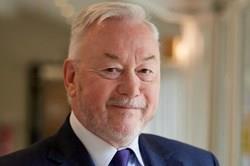
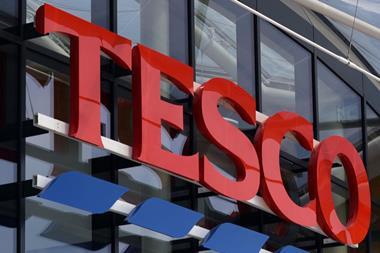
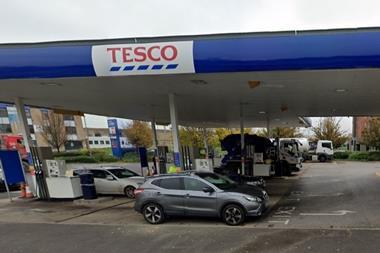

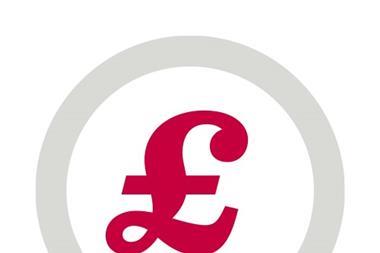

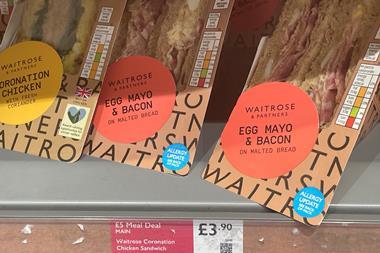

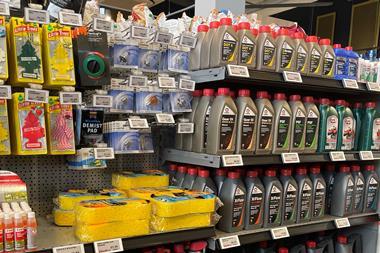

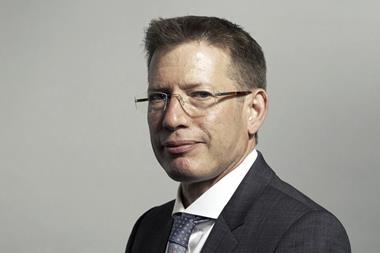
No comments yet